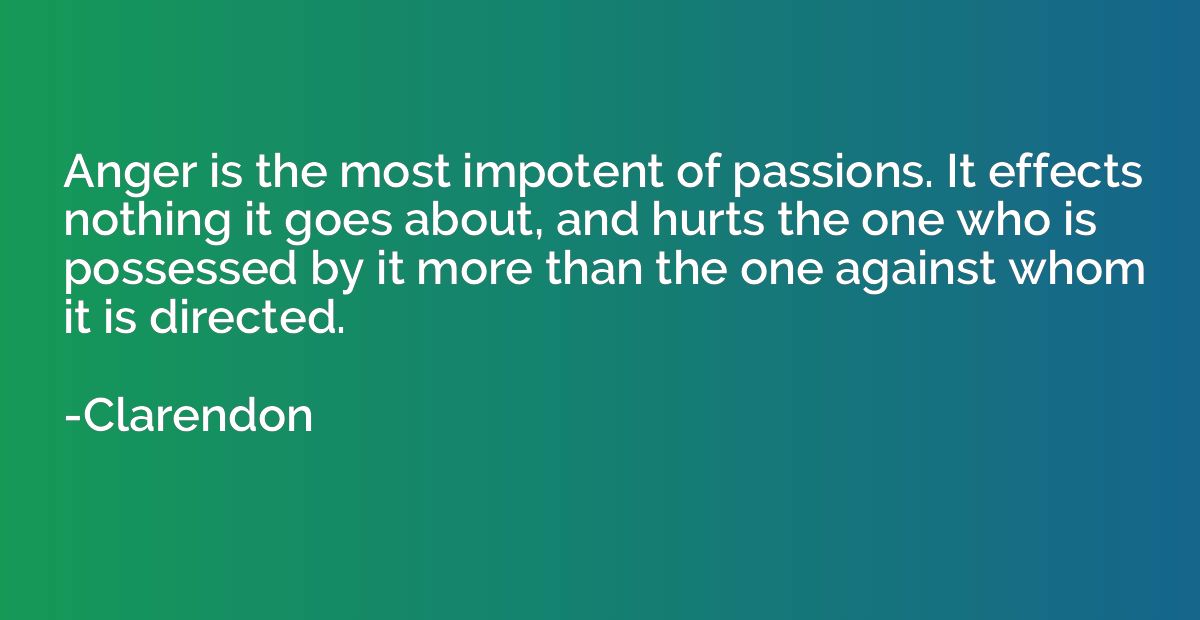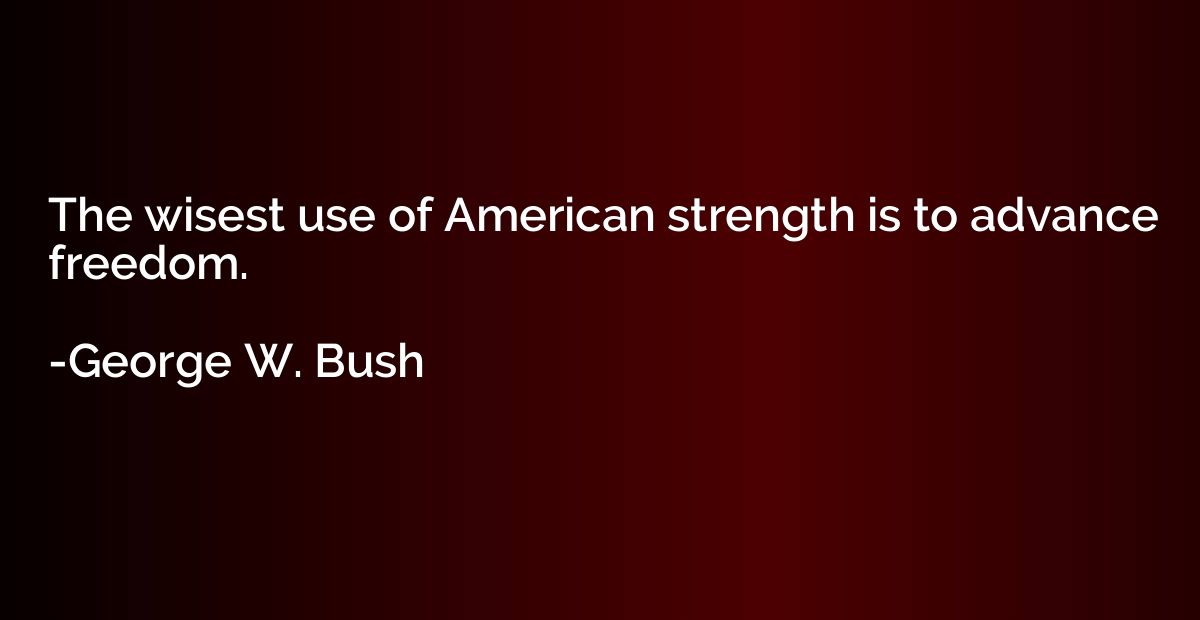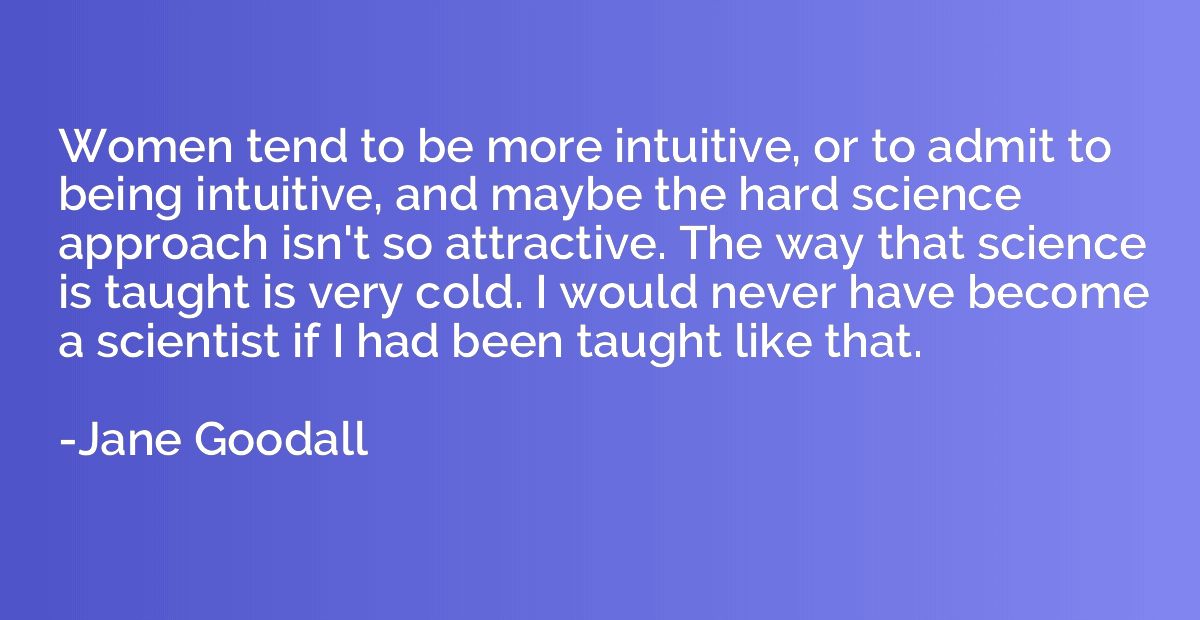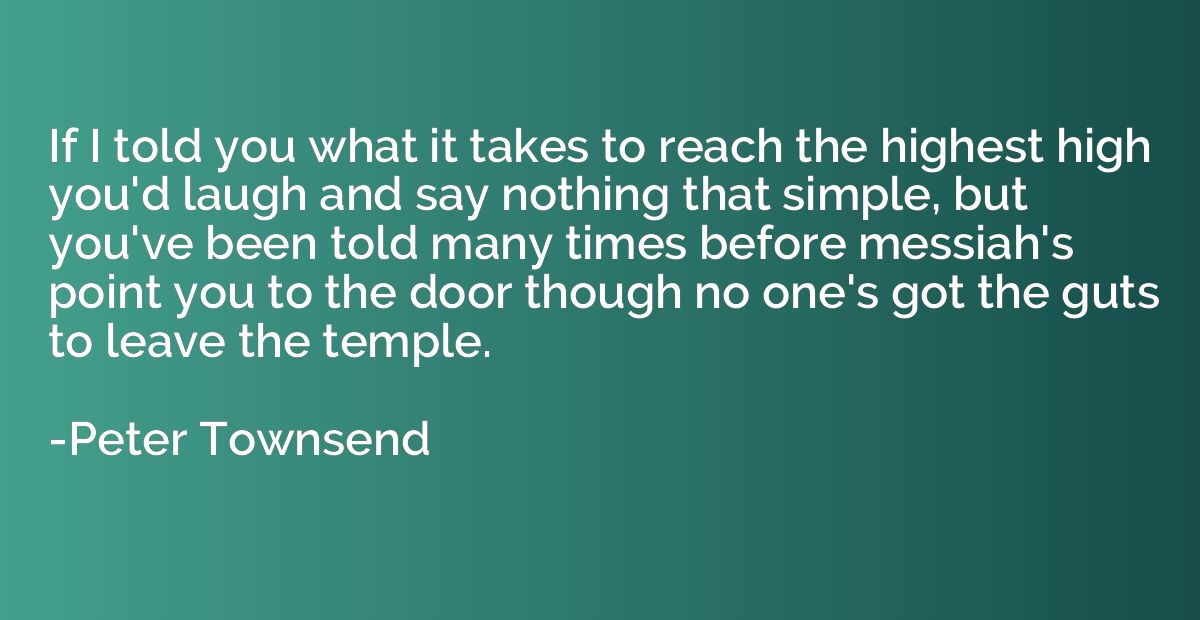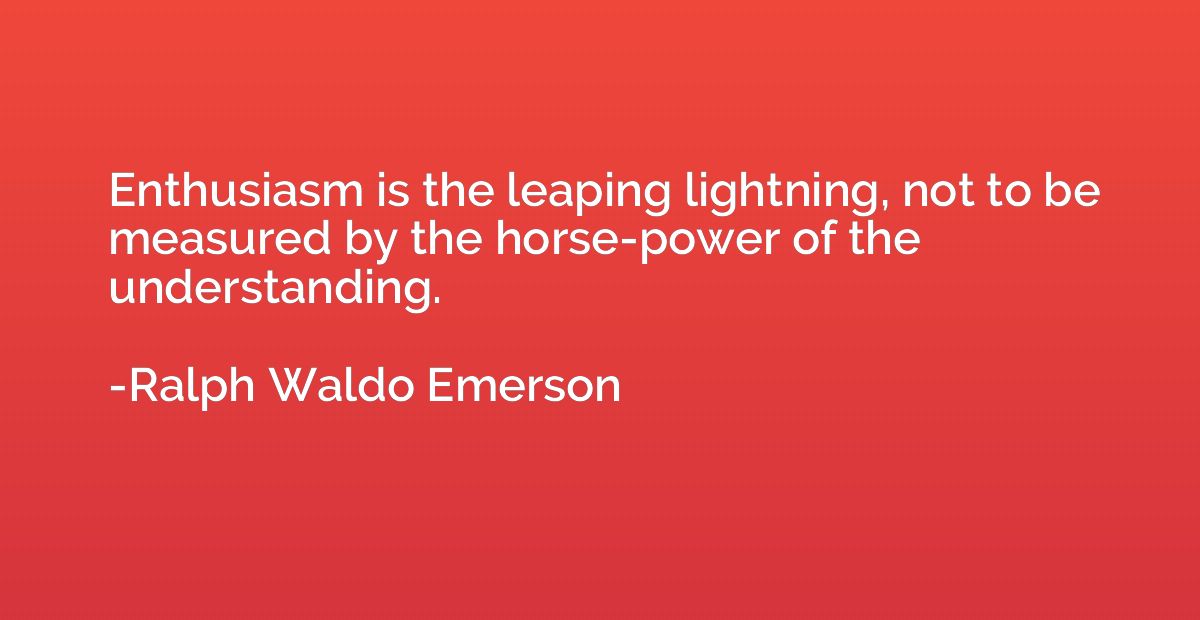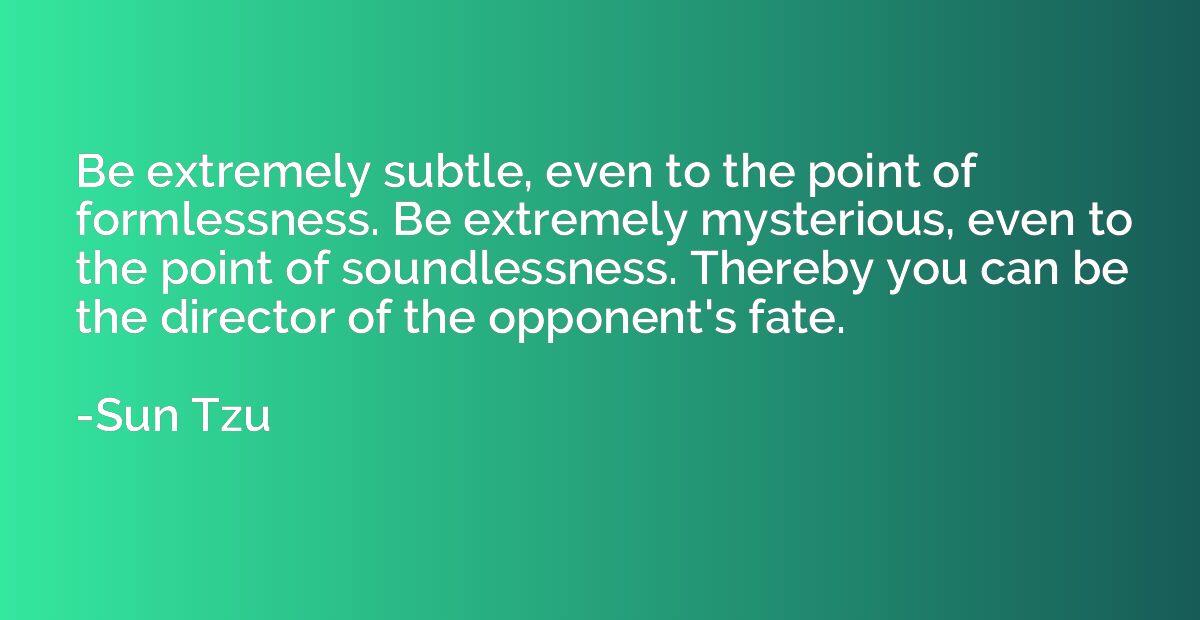Quote by Ralph Waldo Emerson
The foremost watchman on the peak announces his news. It is the truest word ever spoken, and the phrase will be th fittest, most musical, and the unerring voice of the world for that time.
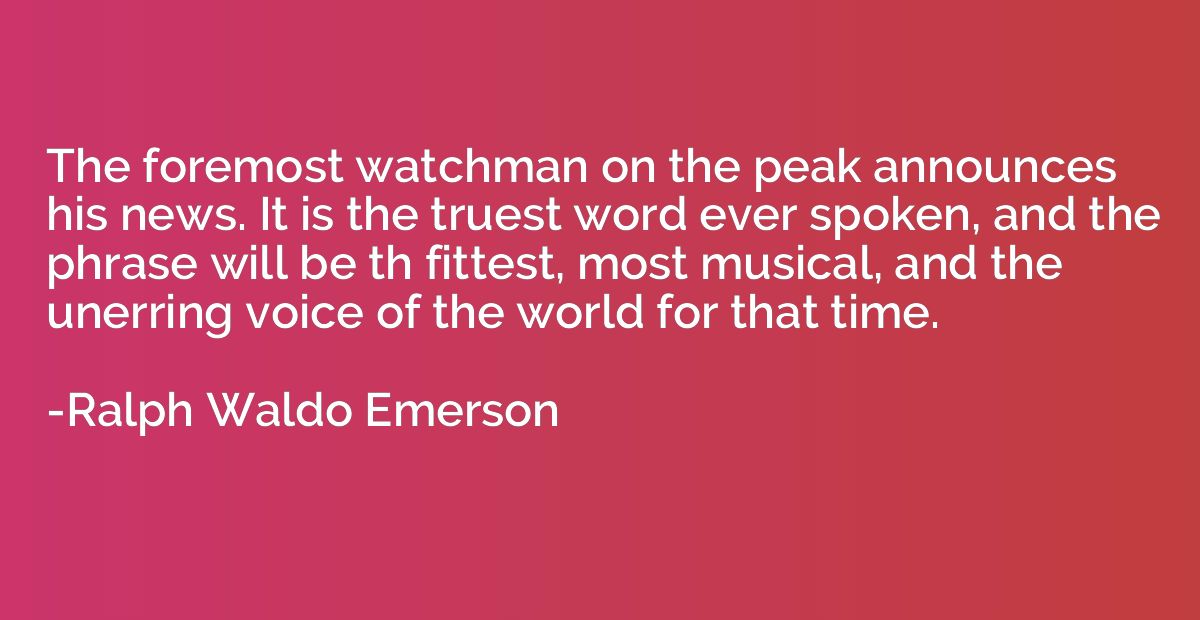
Summary
This quote suggests that the watchman on the peak symbolizes a reliable source of information or knowledge. The quote emphasizes the authenticity and truthfulness of the watchman's news, stating that it is the "truest word ever spoken." Furthermore, it describes the chosen phrase as being the best or most fitting, having a captivating musicality, and being the unwavering voice for that particular period. Overall, the quote conveys the importance and impact of receiving accurate and powerful information from a trustworthy authority.




